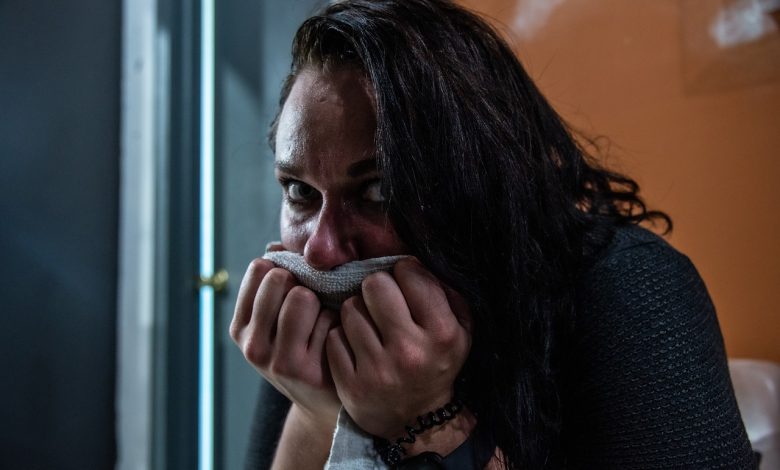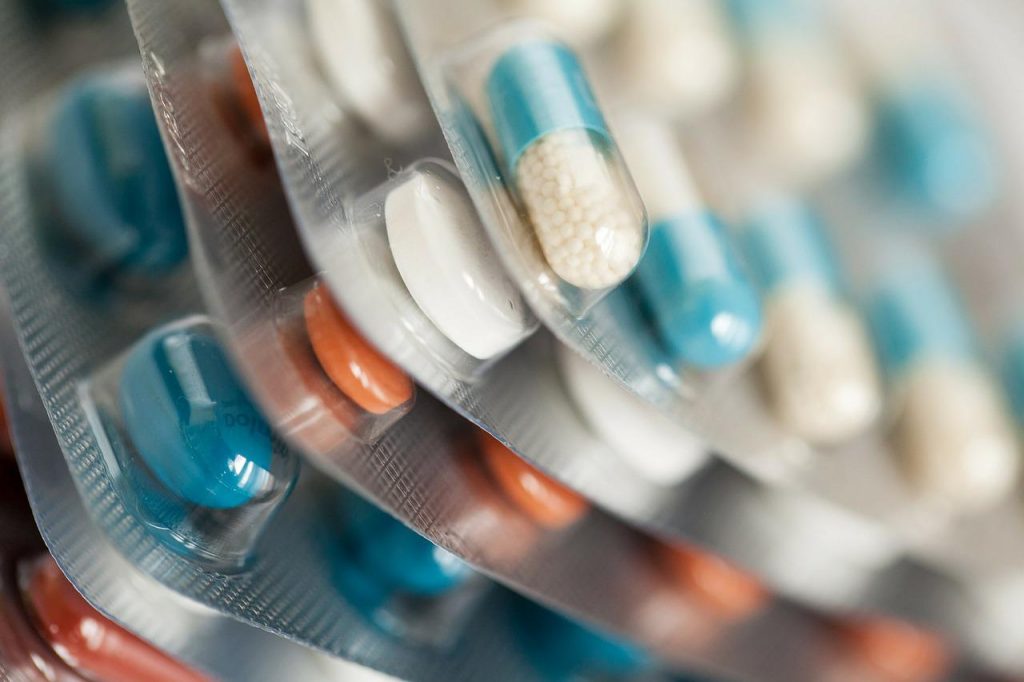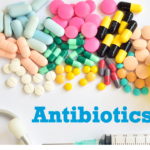How Long Does The Effects Of An Antibiotic Last?

What are antibiotics?
Antibiotics are a common medication that doctors prescribe to fight bacteria. Antibiotics are powerful medicines that fight certain infections and can save lives when used properly. They either stop bacteria from reproducing or destroy them.
Before bacteria can multiply and cause symptoms, the immune system can typically kill them. White blood cells (WBCs) attack harmful bacteria and, even if symptoms do occur, the immune system can usually cope and fight off the infection. Sometimes, however, the number of harmful bacteria is excessive, and the immune system cannot fight them all. Antibiotics are useful in this scenario.
The first modern-day antibiotic was used in 1936. Before antibiotics, 30 percent of all deaths in the United States were caused by bacterial infections. Thanks to antibiotics, previously fatal infections are curable. The first antibiotic was penicillin. Penicillin-based antibiotics, such as ampicillin, amoxicillin, and penicillin G, are still available to treat a variety of infections and have been around for a long time.
Today, antibiotics are still powerful, lifesaving medications for people with certain serious infections. They can also prevent less serious infections from becoming serious. Several types of modern antibiotics are available, and they are usually only available with a prescription in most countries. Topical antibiotics are available in over-the-counter (OTC) creams and ointments.
When are antibiotics needed?
This complicated question, which should be answered by your healthcare provider, depends on the specific diagnosis. For example, there are several types of ear infections—most need antibiotics, but some do not. Most cases of sore throat are caused by viruses. One kind, strep throat, diagnosed by a lab test, needs antibiotics.
Common viral infections, like coughs or a cold, can sometimes become complicated and a bacterial infection can develop. However, treating viral infections with antibiotics in order to prevent bacterial infections is not recommended because of the risk of causing bacterial resistance:
• Remember that antibiotics do not work against viral colds and the flu, and that unnecessary antibiotics can be harmful.
• Talk with your healthcare provider about antibiotics and find out about the differences between viruses and bacteria, and when antibiotics should and should not be used.
• If your child receives an antibiotic, be sure to give it exactly as prescribed to decrease the development of resistant bacteria. Have your child finish the entire prescription. Don’t stop when the symptoms of infection go away.
• Never save the leftover antibiotics to use “just in case.” This practice can also lead to bacterial resistance.
• Do not share your antibiotics with someone else or take an antibiotic that was prescribed for someone else.
• Antibiotic resistance is a problem in both children and adults.
Remember that taking antibiotics appropriately and making sure your child receives the proper immunizations will help prevent having to take more dangerous and more costly medicines. Talk with your healthcare provider for more information.

How long does an antibiotic take to work?
Most antibiotics begin to work right after you start taking them. However, you might not feel better for 2 to 3 days. How quickly you get better after antibiotic treatment varies. It also depends on the type of infection you’re treating. Most antibiotics should be taken for 7 to 14 days. In some cases, shorter treatments work just as well. Your doctor will decide the best length of treatment and correct antibiotic type for you.
Even though you might feel better after a few days of treatment, it’s best to finish the entire antibiotic regimen in order to fully resolve your infection. This can also help prevent antibiotic resistance. Don’t stop your antibiotic regimen early unless your healthcare professional says you can do so.
How long does the effects of an antibiotic last?
How long the effects of an antibiotic last depends on the type of antibiotic and the dosage form. Unless specified, most antibiotics are likely to be short-acting. This means that the effects of the antibiotic last for a relatively short time, 24 hours or less, and will need to be re-injected or re-administered for treatment to be effective.
Long-acting antibiotic on the other hand is slowly released into the body over a longer period before it needs to be re-injected or re-administered. This has the advantage that you use less medication and reduces the number of times you need to take the medication.
Most antibiotics will be out of your system quite quickly, but the symptoms of side effects may remain for some time. It depends on the antibiotics and what kind of side effect has developed. The majority of antibiotics are cleared out of your body rapidly by your kidneys and liver. Trace levels of a medicine may remain in the system while the liver and kidneys finish their filtering job. But these levels are often too low to have any noticeable effect. Patients with kidney or liver disease, however, can continue to have elevated blood levels of a drug even after stopping it.
Irrespective of how long their effects last, antibiotics treat bacterial infections either by killing bacteria or slowing and suspending their growth. They do this by; attacking the wall or coating surrounding bacteria, interfering with bacteria reproduction, or blocking protein production in bacteria.





